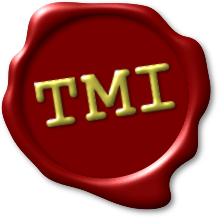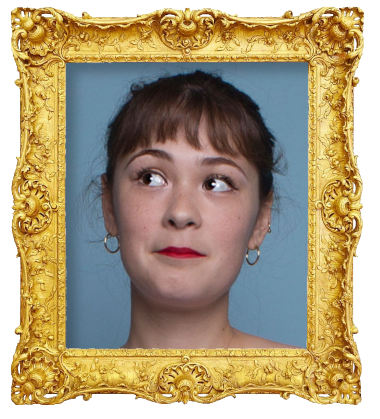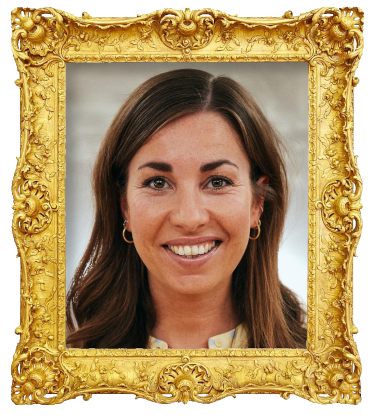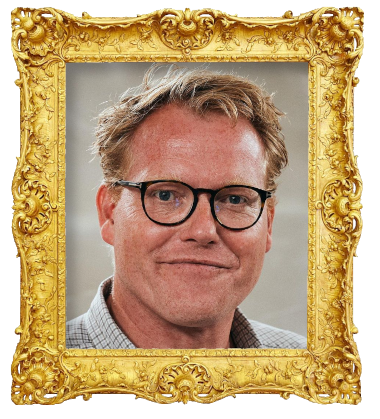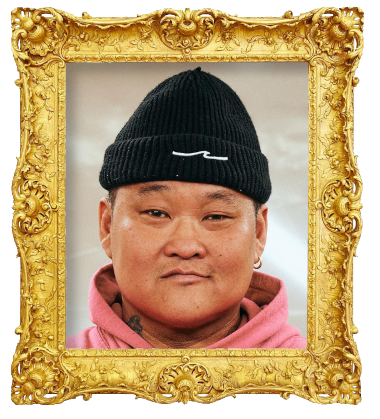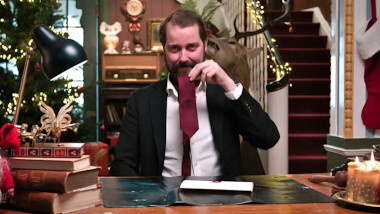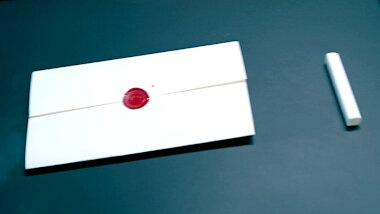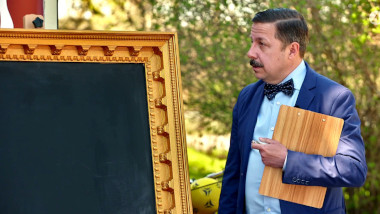Invent a new word (or ten)
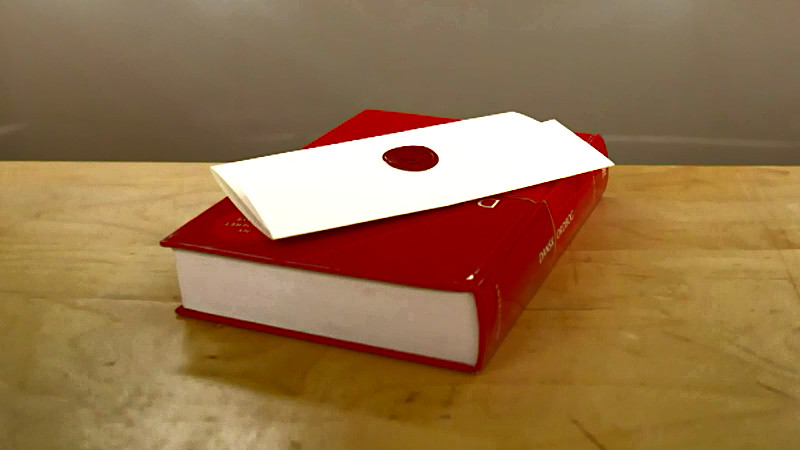
Task types:
Locations:
Task briefs
The task brief is laid upon a Danish dictionary in the lab. The briefs for the task are as follows:
To everyone except Martin:
Invent a new word.
Most useful new word wins.
You have 20 minutes.
Time starts now.
To Martin:
Invent 10 new words.
Most useful new words wins.
You have 20 minutes.
Time starts now.
Task notes
- The task takes place in the lab, where there is a Danish dictionary, and a chalkboard is provided on an easel.
- As the contestants enter the room, Mark calls out a random, made-up Danish word to them.
Task stats
Points
15
Disquals
0
Attempts
Here's a description of the contestants' attempts. Someone's probably working on collecting some images to add later!
- Eva creates the word 'mev', and then defines it as a word one can use in polite company to excuse oneself to the bathroom to defecate (or "make sausages", as she puts it). In the studio, Lasse argues that it would be better to excuse yourself without describing exactly what it is you are going to do. He places Eva last in the task.
- Julie decides to invent the Danish equivalent of 'L'esprit de l'escalier' (a French term used in English for the predicament of thinking of the perfect retort much too late). She also wants it to be an acronym, like 'YOLO', and eventually settles on 'SOSFIS' - 'Stop Og Sig Fra I Situationen' ['Stop and speak up in the situation']. Lasse finds the word to be useful, and awards her second place.
- Sebastian decides to create a new word that can be used to describe the situation of having had one's thirst quenched, and settles on 'tukt'. In the studio, Lasse points out that an old-fashioned, little-used word for satiated thirst already exists, in the form of 'sæt'. Sebastian argues that his newer word is much cooler, so people are more likely to actually use it. Lasse places him fourth in the task for coming up with a new word for something that people evidently don't have much cause to talk about.
- Simon invents the term 'Grenå-g-punkt' ['Grenå G-Spot'], to refer to the stud in the ignition cap of a moped (Grenå is Simon's hometown). Simon and Mark then perform a skit to demonstrate how it would be used in real life, with Mark (sporting a luxurious wig) having trouble starting his motorcycle, and Simon turning up (wearing a similar wig) to advise him to blow on the 'Grenå G-Spot'. In the studio, Lasse agrees that the term is potentially useful, and awards Simon third place.
- Martin creates the words: 'steift' (slang for 'beer'), 'saftensmad' (a contraction of the Danish words for 'juice' and 'dinner'), and 'steiftensmad', all referring to drinking alcoholic beverages; 'hamringstogt' ['hammering spree'], referring to a pub-crawl; 'ey', as a contraction for 'hey'; 'clickmixerpult' (a combination of the Haribo 'Click Mix' candy brand and a DJ's mixing desk); 'restaurangutang', presumably just meaning 'restaurant'; 'rottepind' ['rat twig'], referring to a marijuana joint; and 'røgkæp' ['smoke stick'], meaning 'cigarette'. It is unclear what his tenth word was. Lasse accepts all ten words, before a video clip is shown of Martin demonstrating how they might all be used, in a skit where he plays the characters Keneth and Niels-Jan, plus a waiter and a DJ. While noting that most of Martin's words are of most use to "addicts", Lasse awards him first place for his creativity.
(Source credit: Karl Craven)
